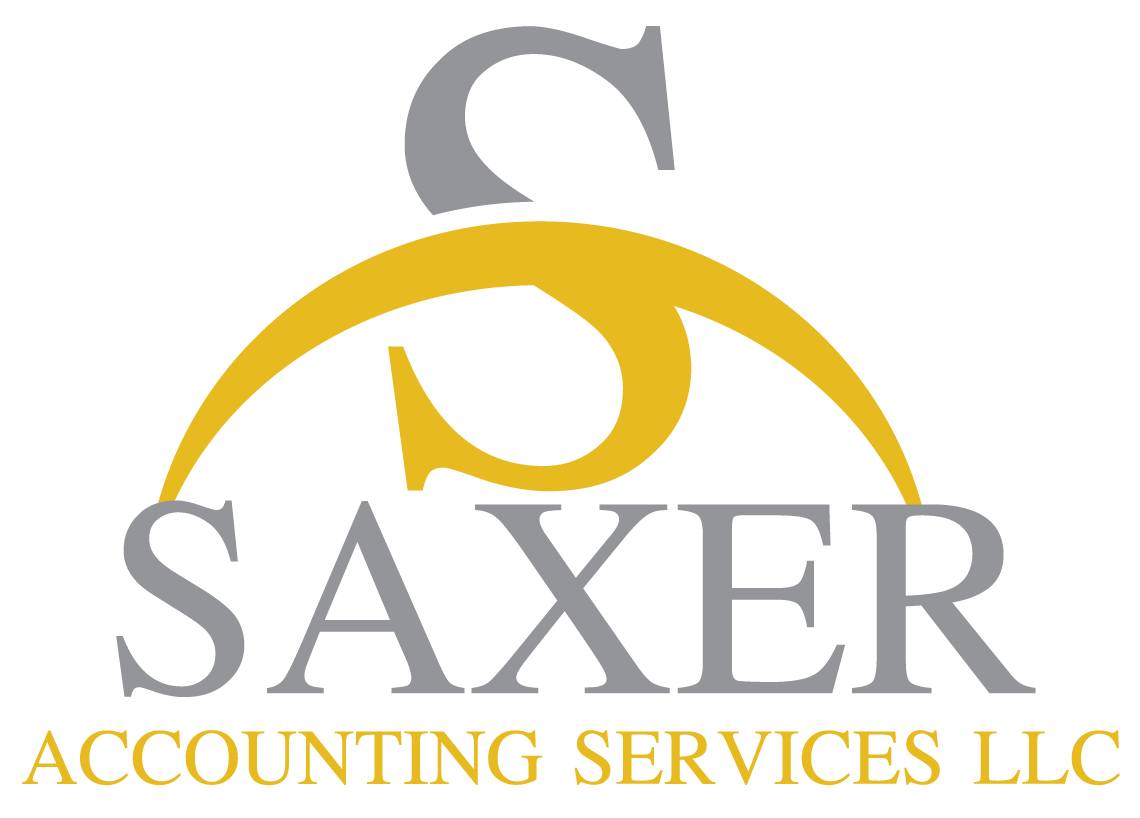FAQ
What should I bring to my tax preparation appointment?
You should bring everything that relates to income, expenses, assets, or charitable donations for the year, even if you think it doesn’t matter. To be a little more specific:
- If you’re having us do your taxes for the first time, be sure to bring a copy of the tax return you filed the previous tax year.
- If we prepared your taxes last year, you should bring this year’s version of any documents or information you filed the previous year. If you need to look back at that and make sure you’re not missing anything, let us know and we can email you a copy of your return.
- If you plan to claim the Earned Income Credit or the Extra Child Tax Credit, you’ll need proof that the child in question resided with you during the tax year.
I’ve had you prepare my taxes before, so why do I need a new engagement letter, and why do I need to fill out a questionnaire when I did that last year?
The engagement letter makes it clear what each of us is going to do, and it can only cover one tax year because your tax needs may change from year to year. The questionnaire often highlights issues we need to address in your tax preparation, and they, too, may have changed since the previous year. If we catch a hefty tax liability or an opportunity to increase your refund, you’ll be very glad you took the time.
I’ve heard about “IRS phone scams.” What exactly are the scammers doing?
The first thing you should know is that most of these scammers will be able to alter their caller ID information so they appear to be calling from the IRS. Keep in mind that the IRS will NOT contact you by phone, email, text message, or social media. Unless you specifically asked them to contact you by phone or email in response to a question, you will only hear from them via U.S. mail.
Some scammers will call and claim that they need certain personal information from you so they can get your refund to you. Others will claim you have a massive unpaid tax bill and threaten to seize your bank accounts or have you arrested if you don’t pay part of it immediately. Both of these are scams, fishing for money or personal information that can be used for identity theft.
If you’re contacted by an IRS scammer, call 1-800-366-4484 to report them. Or visit irs.gov and type “scams” into the search box.
I‘m claiming a child as a dependent who doesn’t live with me 100% of the time? Do I need to file a form for that?
You’ll need IRS Form 8332 for that. You can find links to other useful forms on our Resources page.
My bank needs to see my tax return from a previous year. Can you send it over?
Absolutely! But we do need you to ask in writing or (preferably) via email before we can release it.
What is the difference between a sole proprietorship, LLC, and an S corporation?
If you’re considering launching your own business, you should schedule a meeting with us. These forms and others that haven’t been mentioned each make sense for some kinds of businesses but not for others. We can help you choose the form that works best for you, as well as helping set up the accounting systems that will keep you on track.
I‘m not sure if I should pay the people working for me as employees or independent contractors. What’s the best way to decide?
This is a complex issue that we should look at in detail, and you may want to bring your legal counsel into the decision. But the broad answer is that it depends mostly on how much control you have over their work. For example, someone who has to be at a certain site and punch a time clock is definitely an employee, but those who can work on assigned tasks any time they want, as long as it’s done by a certain deadline, are almost certainly contractors.
Have other questions? Send us a message or call us, and we’ll respond to all inquiries within 24 hours, no exceptions.
